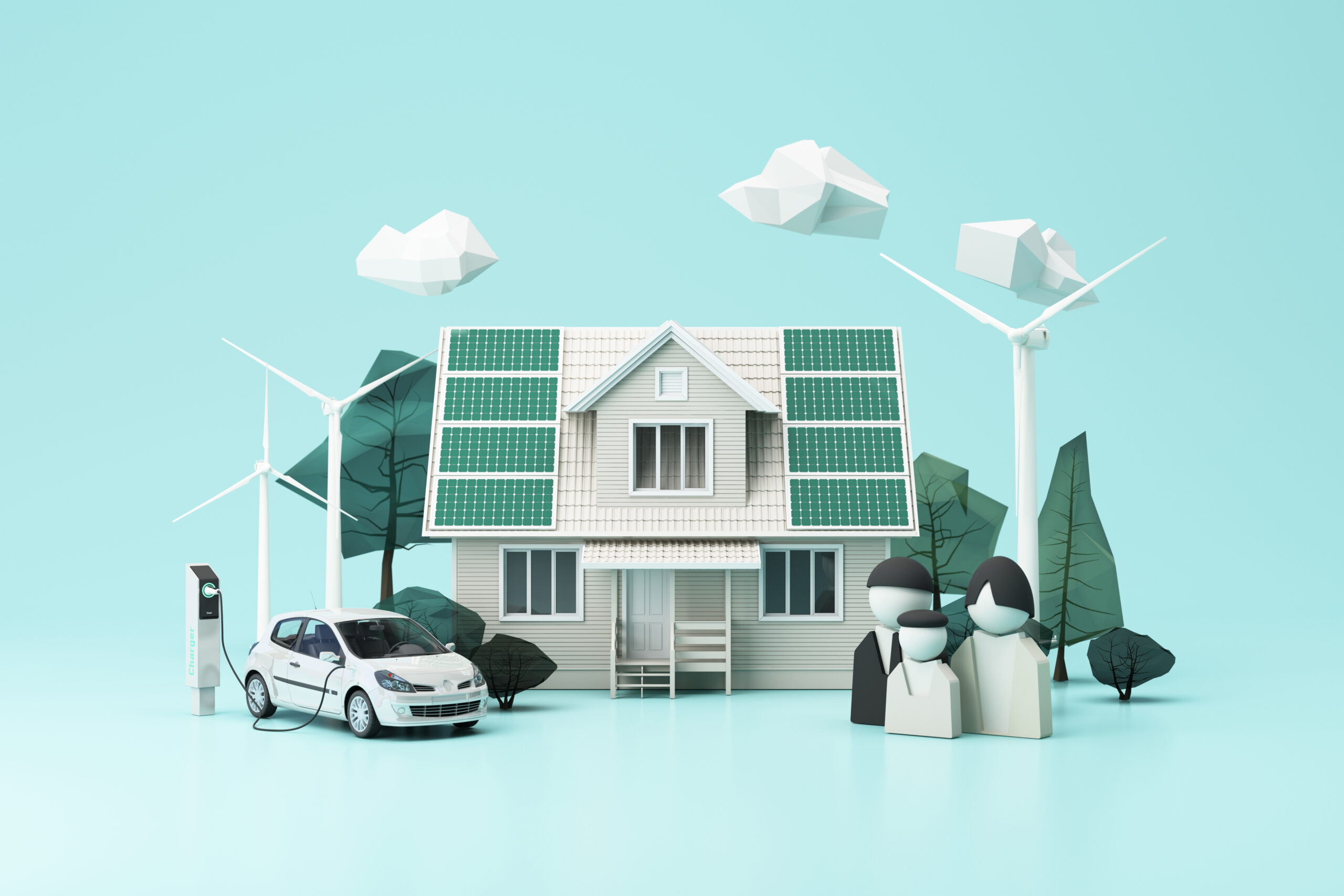
We all dream of a world where the grass is greener, the sky is bluer and the air is cleaner. But how many of us take the initiative to do so? World EV day is one of the days to take initiative for a better world. World EV day is celebrated every year on the 9th of September to encourage the use of electric vehicles. As the name suggests, Electric vehicles run through electrical charging instead of petrol and diesel and are hence environment friendly.
With major initiatives taken by the governments of different countries, we are surely entering a new era of electric vehicles. According to the survey, around ten million electric cars were witnessed on the world’s roads during Covid 19 pandemic. Earlier the sale of electric cars was hardly 4.6 percent of total car sales, however, the requirement for electric vehicles increased during the pandemic due to regulation and reduced battery costs.
Countries like Germany, the United States, and Taiwan were taking new steps regarding Electric vehicles for years. However now India is also pushing the deployment of Electric vehicle stations by providing capital subsidies. We can observe initiatives by India at the state as well as national levels. FAME is a famous Indian scheme introduced in the year 2013 to encourage the usage of Electrical vehicles in India.
Let’s find more details about Electrical vehicles day, its advantages, and how it is beneficial for nature:
Top 5 Advantages of Electric vehicles
1)No noise and no air pollution
We all have experienced very loud and unpleasant noises while walking on the road. It may be a motorcycle passing by the road or an auto rickshaw creating a mess by emitting harmful gases. Slowly and gradually these gases are absorbed by our body and become the reason behind our illness and bad health. Electric vehicles charged with electricity can successfully reduce air and noise pollution by emitting negligible pollutants even when charged on the grid.
2)Chargeable at home
Another best thing about Electric vehicles is that they are chargeable even at home. One needs a charger and an appropriate socket at home and you are good to go. Experts recommend using a 1AC charger and AC socket. Or you can use a wall box charger installed at your office. On the other hand, vehicles running from petrol or diesel require recurrent tours of petrol stations and unnecessary expenditures.
3)Convenient to drive
Not having gears and complicated controls, electric vehicles are automatic and easy to drive. You just need to use accelerate, steer and brake functions to enjoy the smooth journey ahead. Additionally, their operation is also silent due to the absence of mechanical parts.
4)Financial benefits
Electric vehicles replace petroleum and diesel with electricity which is very cost-friendly. Charging your battery via electricity saves time and money. With India taking initiatives to open charging stations on important roads and accessible locations, you will soon find charging ports every few kilometers.
6)Use of renewable energy
We all know electricity can be generated through renewable sources of energy-wind, solar, and water. This implies that we can also use electricity generated via renewable sources to charge our vehicles and make the world a hundred times greener, cleaner and safer for the existing and upcoming generations. Whereas fuelling your vehicles with non-renewable sources of energy will not only spread air pollution but also gives birth to the greenhouse effect. According to the research, you can reduce your carbon footprint by using electric vehicles due to the absence of tailpipe emissions.
7)Reduce tax
Tax is levied on every vehicle running on the road. However, you can easily write off some part of your taxes if you decide to drive electric vehicles from now on. Needless to say, the tax levied on coal and petroleum-running cars is quite high when compared to electric vehicles. For more information, you can check out the vehicle tax rules of the specific state you are residing in.
Recent initiatives by the Indian government
India strongly encouraged EV mobility in its 2022 Union budget. And even tried to push 2013 launched NEMMP mission plan forward. NEMMP plan stands for National Electric Mobility Mission plan. This plan comprises the FAME scheme which has a target of achieving electrification by 2030. Talking of EV policies, half the states of India have rolled out their electric vehicle policies to encourage sustainable mobilities. These policies include steps for monetary subsidies, decreased registration fees, and tax exemption on the purchase of electric vehicles.
One of the most recent initiatives by the Indian government on electric vehicles is to set up a government-owned EV charging station network, as well as incentives for EV users. The government will also be looking at ways to reduce the cost of using electric vehicles.
The initiative comes in the wake of reports that show that electric vehicles are only used by 5% of Indians. The government has made it clear that they want to encourage more people to use these vehicles, which will help improve the country’s air quality and reduce dependence on fossil fuels.
The government has also promised to provide incentives for those who use hybrid cars or purchase electric vehicles, such as longer-term loans or cheaper insurance premiums. The government has also announced that it will provide subsidies to buyers of electric vehicles, up to 50,000 rupees ($750) per vehicle. The subsidy will be paid through e-wallet payments or bank loans.
These measures are expected to help reduce pollution levels and increase India’s share of global EV penetration from about 5% today to about 10% by 2023.
Leave a Reply